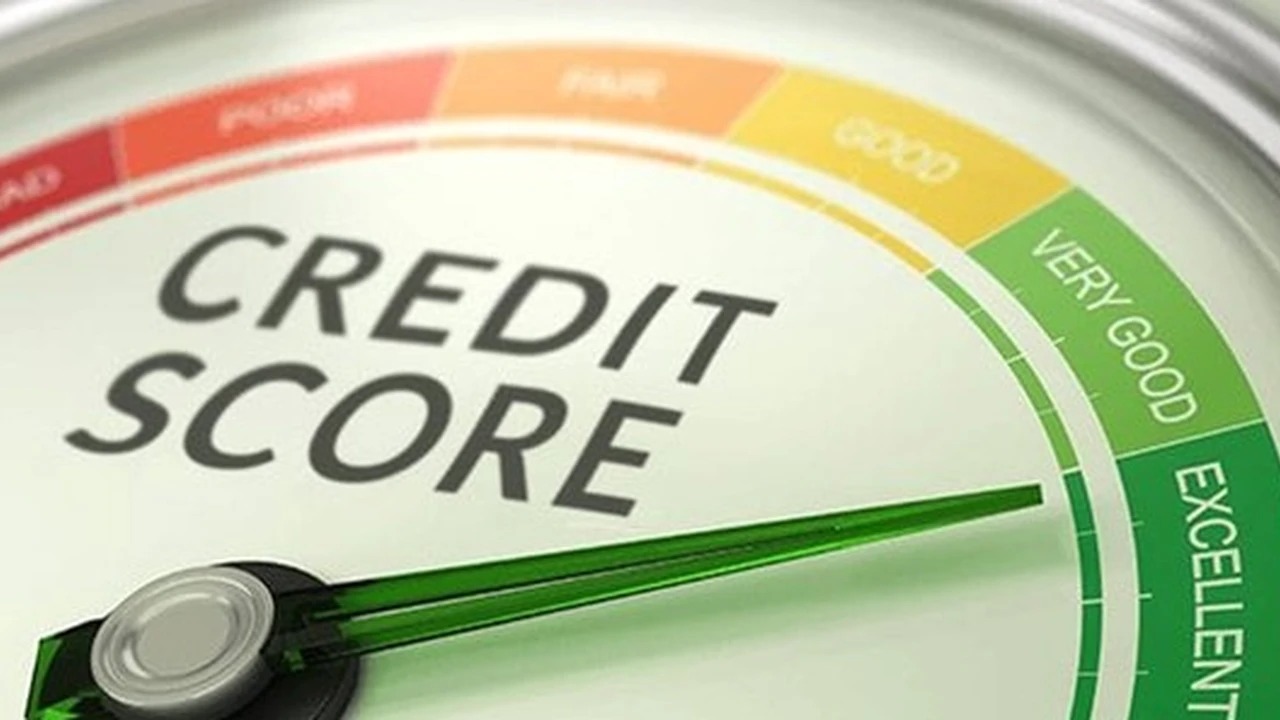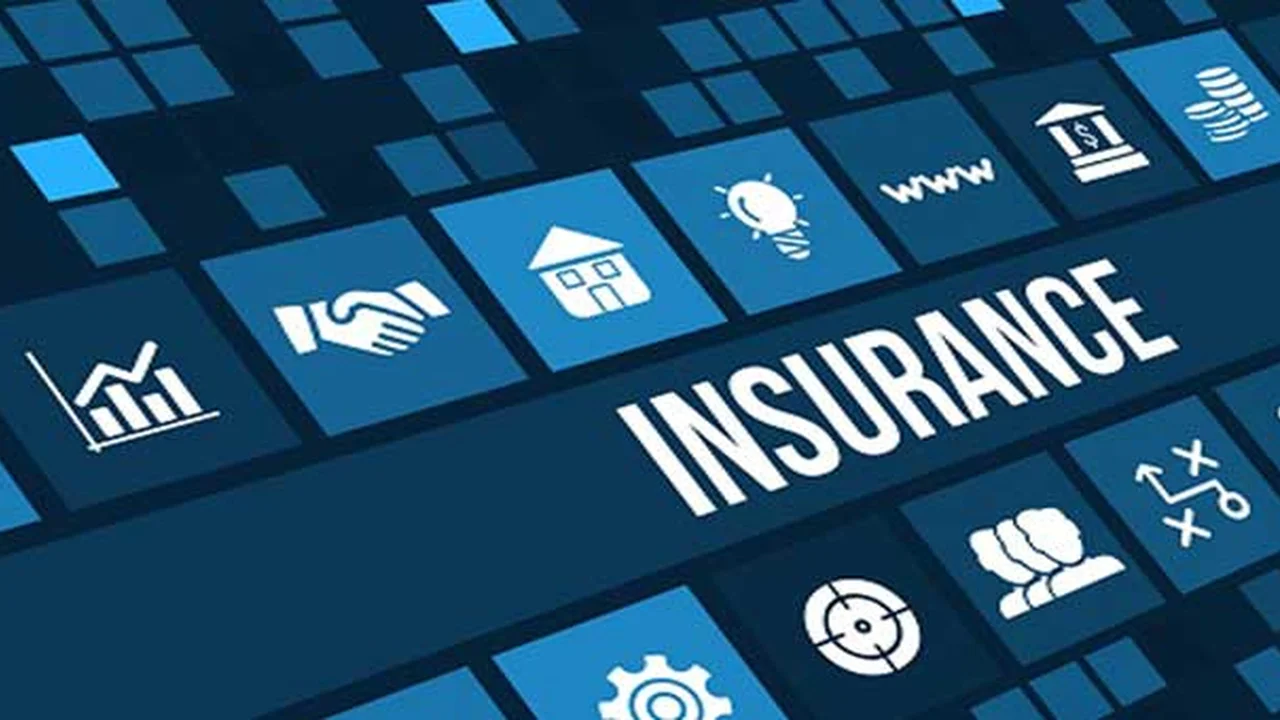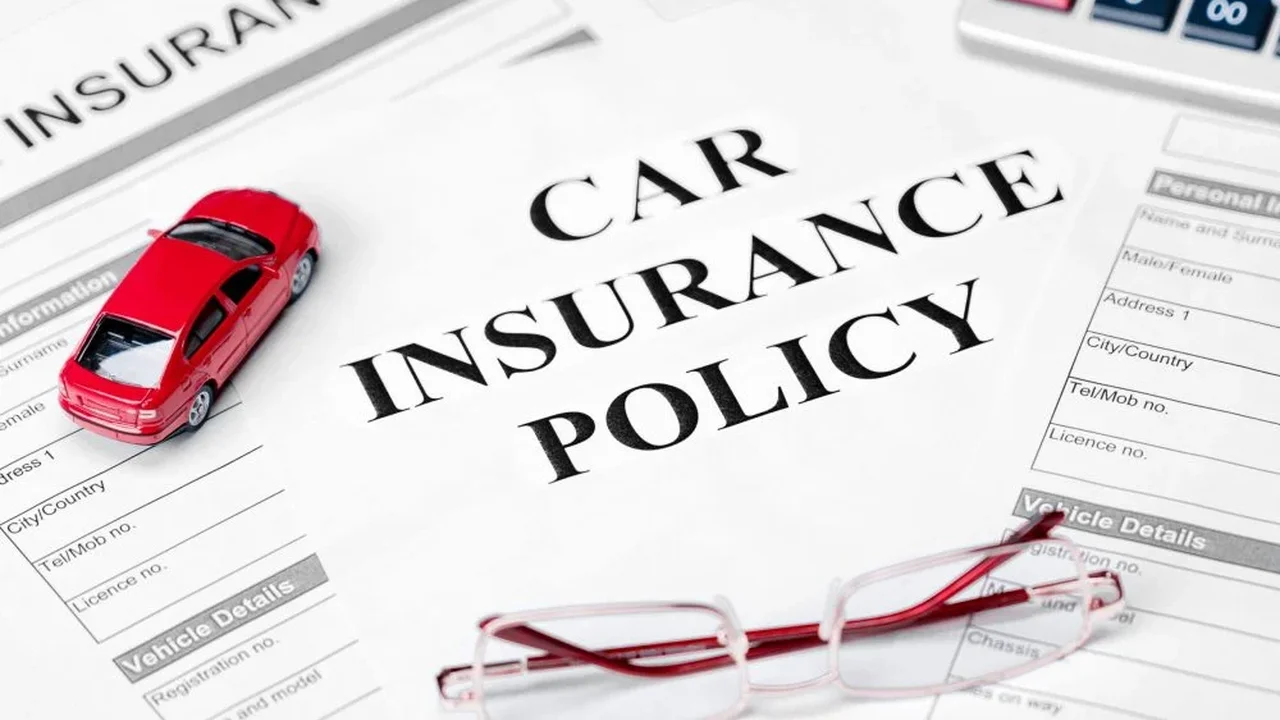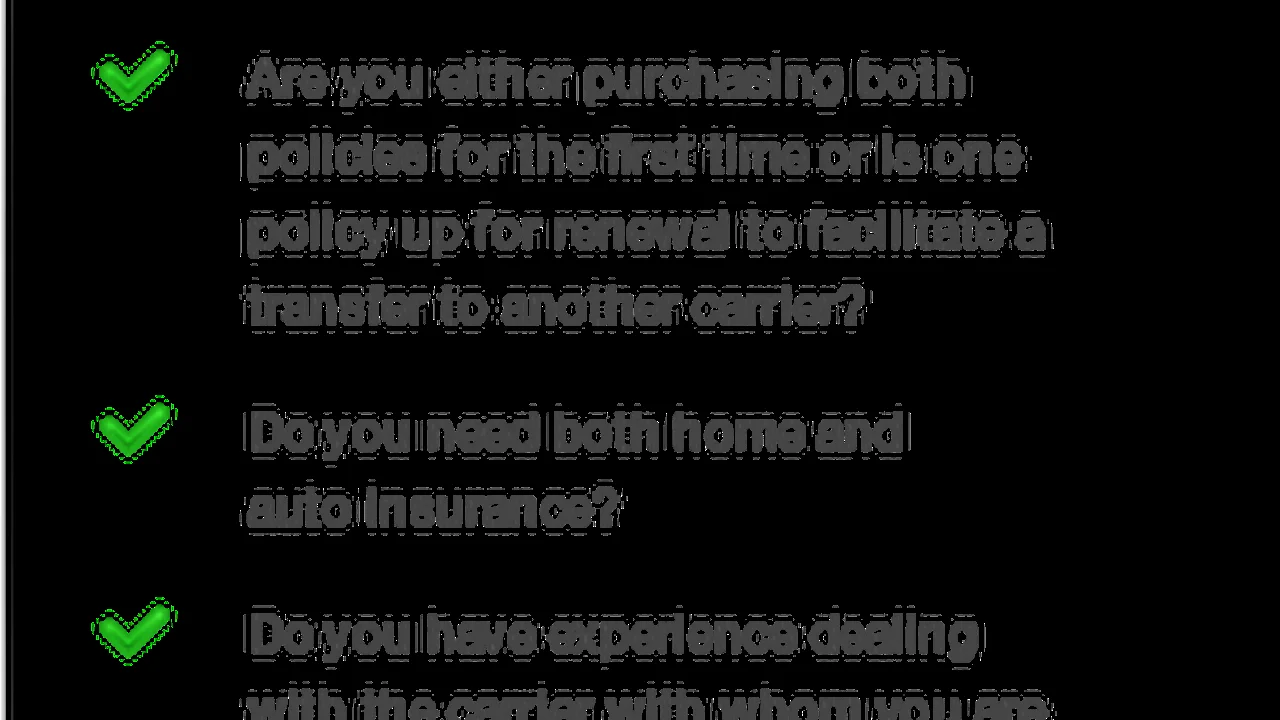Improving Your Credit Score: A Key to Lower Rates

Understanding the Link Between Credit Score and Car Insurance Rates Credit Score Car Insurance
Alright, let's get real. You probably clicked on this article because you're trying to save some serious cash on your car insurance, right? Well, you're in the right place. The secret weapon many people overlook is their credit score. Yep, that little number that determines whether you get approved for a credit card or a loan also plays a huge role in how much you pay for car insurance. It might seem unfair, but insurance companies see your credit score as a reflection of how responsible you are. A good score says, "Hey, I pay my bills on time, so I'm less likely to file a claim." A bad score? Well, they think you're a higher risk. Think of it like this: it's a risk assessment tool for them. They're trying to predict how likely you are to cost them money.
So, how much can your credit score actually affect your rates? The difference can be HUGE. We're talking hundreds, even thousands, of dollars a year. Drivers with excellent credit often pay significantly less than those with fair or poor credit. It's not just a small difference; it can be a game-changer. That's why improving your credit score is one of the most effective things you can do to lower your car insurance premiums. Think of all the things you could do with that extra money! Vacations, home improvements, a new gadget... the possibilities are endless.
Checking Your Credit Report and Identifying Errors Credit Report Errors Credit Score
Okay, first things first: you need to know where you stand. You're entitled to a free credit report from each of the three major credit bureaus (Equifax, Experian, and TransUnion) once a year at AnnualCreditReport.com. Seriously, go do it now! It's free, and it's essential. Don't fall for those sites that promise "free" credit reports but then try to sign you up for a bunch of stuff you don't need.
Once you've got your reports, comb through them with a fine-tooth comb. Look for anything that's inaccurate, outdated, or just plain wrong. Common errors include: incorrect account balances, accounts that aren't yours, accounts that are listed multiple times, and outdated information. Even small errors can drag down your score, so it's crucial to catch them. I once found an account on my report that belonged to someone with a similar name living in another state! It took a bit of effort to get it removed, but it was worth it.
If you find an error, dispute it! Each credit bureau has a process for disputing errors. You'll need to send them a letter (certified mail is a good idea) explaining the error and providing any supporting documentation you have. They're required to investigate the dispute and correct any inaccuracies. Don't be afraid to be persistent. Sometimes it takes a few tries to get things sorted out, but stick with it. Your credit score (and your wallet) will thank you.
Strategies for Improving Your Credit Score Credit Score Improvement Tips
Alright, so you've checked your credit report and fixed any errors. Now it's time to actively improve your credit score. Here are some proven strategies that can make a real difference:
- Pay Your Bills On Time, Every Time: This is the single most important thing you can do. Payment history accounts for a huge chunk of your credit score. Set up automatic payments if you have to, just make sure those bills are paid on time! Even a single late payment can ding your score.
- Keep Your Credit Utilization Low: Credit utilization is the amount of credit you're using compared to your total available credit. Experts recommend keeping it below 30%. So, if you have a credit card with a $1,000 limit, try to keep your balance below $300. The lower, the better! This shows lenders that you're responsible with credit and not maxing out your cards.
- Don't Close Old Credit Card Accounts: Even if you're not using them, keep those old credit card accounts open (as long as they don't have annual fees). They contribute to your overall available credit, which helps lower your credit utilization. Plus, a longer credit history is a good thing.
- Diversify Your Credit Mix: Having a mix of different types of credit (credit cards, loans, etc.) can be beneficial. However, don't go out and apply for a bunch of new credit just for the sake of diversification. Focus on managing your existing credit responsibly first.
- Become an Authorized User on Someone Else's Credit Card: If you have a friend or family member with a good credit score and a credit card with a long history and low utilization, ask if you can become an authorized user. Their positive credit history will be reported to your credit bureaus under your name, which can boost your score. Just make sure they're responsible with their credit card!
Specific Products and Their Usage for Credit Improvement Credit Repair Products Credit Building Tools
Okay, let's talk about some specific products and services that can help you improve your credit score. Remember, there's no magic bullet, and you still need to practice responsible credit habits. But these tools can give you a boost:
- Secured Credit Cards: These are credit cards that require you to put down a security deposit, which acts as your credit limit. They're a great option if you have bad credit or no credit history. They report to the credit bureaus just like regular credit cards, so you can build credit by using them responsibly.
- OpenSky Secured Credit Visa Card: This card is great because it doesn't require a credit check. You can get approved even with bad credit. The minimum security deposit is $200.
- Capital One Secured Mastercard: Another solid option with a low minimum security deposit. Capital One also offers the possibility of graduating to an unsecured card with responsible use.
- Credit Builder Loans: These are loans specifically designed to help you build credit. You borrow a small amount of money (usually a few hundred dollars), and the lender reports your payments to the credit bureaus. The money is typically held in a savings account until you've repaid the loan.
- Self Lender: Self Lender offers credit builder loans ranging from $25 to $150 per month. You make monthly payments and the money is held in a CD. At the end of the loan term, you receive the money back, and your credit score has improved.
- SeedFi: SeedFi offers a similar product with flexible loan amounts and terms.
- Experian Boost: This is a free service from Experian that allows you to add your utility and telecom bills to your credit report. If you consistently pay these bills on time, it can give your credit score a boost.
- Credit Monitoring Services: While they don't directly improve your credit score, these services can help you stay on top of your credit and detect any potential problems, like fraud or identity theft.
- Credit Karma: A free service that provides credit scores and reports from TransUnion and Equifax. It also offers credit monitoring and personalized recommendations.
- MyFICO: Provides your FICO scores from all three major credit bureaus. It's a paid service, but it gives you a more accurate view of your creditworthiness.
Comparing Different Credit Improvement Products Credit Card Comparison Loan Comparison
Choosing the right credit improvement product depends on your individual circumstances and goals. Here's a quick comparison:
- Secured Credit Cards vs. Credit Builder Loans: Secured credit cards give you more flexibility because you can use them for everyday purchases and earn rewards. However, they require you to have cash upfront for the security deposit. Credit builder loans don't require a lump sum upfront, but you can't access the money until you've repaid the loan.
- Credit Monitoring Services: Credit monitoring services are good for everyone, regardless of their credit score. They help you stay vigilant and protect yourself from fraud. Free services like Credit Karma are a good starting point, while paid services like MyFICO offer more comprehensive monitoring and scores.
- Experian Boost: This is a no-brainer. It's free and can give your score a boost if you consistently pay your utility and telecom bills on time.
The Cost of Credit Improvement Products and Services Credit Card Fees Loan Interest Rates
It's important to consider the cost of these products and services before signing up. Secured credit cards may have annual fees, and credit builder loans have interest rates. Credit monitoring services also charge monthly or annual fees. Make sure you understand the fees and interest rates involved before you commit. Look for secured credit cards with no annual fees and credit builder loans with competitive interest rates.
For example, the OpenSky Secured Visa has an annual fee while Capital One Secured Mastercard doesn't. However, Capital One requires a credit check while OpenSky doesn't. Weighing these factors is crucial. Credit builder loans usually have higher interest rates than traditional loans, but the goal is to build credit, not to get the lowest possible interest rate. Think of it as an investment in your future creditworthiness.
Applying for and Using Credit Improvement Products Application Process Responsible Credit Use
When applying for a secured credit card or a credit builder loan, be prepared to provide your personal information, including your name, address, Social Security number, and income. The application process is usually straightforward, and you can often apply online.
Once you're approved, it's crucial to use the product responsibly. Make your payments on time, every time. Keep your credit utilization low. Don't max out your credit card. Treat your secured credit card or credit builder loan like a regular credit card or loan. Responsible use is the key to building credit.
Monitoring Your Credit Score After Implementing Strategies Credit Score Tracking Monitoring Progress
After you've implemented these strategies, it's important to monitor your credit score to track your progress. You can use a free credit monitoring service like Credit Karma or a paid service like MyFICO to track your score. Check your score regularly to see how it's improving. It may take several months to see significant improvements, so be patient and persistent.
Don't get discouraged if your score doesn't improve overnight. Building credit takes time and effort. Just keep practicing responsible credit habits, and you'll eventually see results. And remember, a better credit score means lower car insurance rates! That's a reward worth working for.
Negotiating Lower Car Insurance Rates with an Improved Credit Score Insurance Negotiation Tactics
Once your credit score has improved, it's time to negotiate lower car insurance rates. Contact your current insurance company and ask them to re-evaluate your rates based on your improved credit score. Be polite but firm. Explain that you've been working hard to improve your credit and that you deserve a lower rate.
If your current insurance company won't budge, shop around for quotes from other insurance companies. Compare rates and coverage options. Don't be afraid to switch insurance companies if you find a better deal. There are plenty of insurance companies out there that will reward you for having a good credit score.
When comparing quotes, make sure you're comparing apples to apples. Check the coverage limits, deductibles, and other policy features. Don't just focus on the price. You want to make sure you have adequate coverage in case of an accident.
Real-Life Examples of Credit Score Impact on Car Insurance Rates Case Studies Data Analysis
Let's look at some real-life examples to illustrate the impact of credit score on car insurance rates. According to a study by ValuePenguin, drivers with excellent credit pay an average of 71% less for car insurance than drivers with poor credit. That's a HUGE difference!
In some states, the difference is even more dramatic. In Michigan, for example, drivers with excellent credit pay an average of 188% less than drivers with poor credit. That's because Michigan allows insurance companies to use credit scores as a major factor in determining rates.
These examples show that improving your credit score can have a significant impact on your car insurance rates. It's one of the most effective things you can do to save money on car insurance.
Maintaining a Good Credit Score for Long-Term Savings Credit Score Maintenance Financial Planning
Building a good credit score is just the first step. You also need to maintain it for long-term savings. Continue to practice responsible credit habits, even after you've achieved your goal of lowering your car insurance rates. Pay your bills on time, keep your credit utilization low, and monitor your credit report regularly.
A good credit score isn't just about saving money on car insurance. It can also help you get approved for loans, credit cards, and mortgages at better interest rates. It can even affect your ability to rent an apartment or get a job. A good credit score is an asset that will benefit you throughout your life.
Think of your credit score as a financial report card. It reflects your financial habits and responsibility. By maintaining a good credit score, you're showing lenders and other businesses that you're a trustworthy and reliable borrower.
:max_bytes(150000):strip_icc()/277019-baked-pork-chops-with-cream-of-mushroom-soup-DDMFS-beauty-4x3-BG-7505-5762b731cf30447d9cbbbbbf387beafa.jpg)






